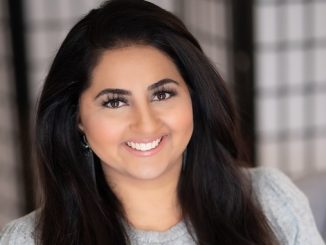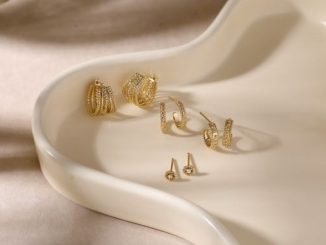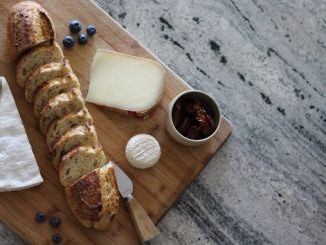The fashion industry causes major environmental harm to our planet every year. We spoke to Matteo Stefan, the founder of local eco-conscious activewear brand Activvis athletics, to find out more about how they aim to combat the industry’s harmful practices by making garments from plant-based cellulose fibres derived from wood pulp. The result of their efforts is durable, soft, and fashion-forward athletic pieces.

Activvis Athletics is an eco-conscious activewear brand. We make garments from plant-based cellulose fibres derived from wood pulp. This is a stark contrast from synthetic fibres such as polyester and nylon which are derived from crude oil.
What made you want to do this work?
It was after a trip to Australia. While visiting the Great Barrier Reef, I saw firsthand the devastating effects that climate change was having on the reef systems there. It was pretty eye-opening and ultimately compelled us to act on it. Activewear and the fashion industry was one area that we felt was currently underserved given the lack of awareness around synthetic clothing fibres.
What problem did you want to solve with the business?
Many people are unaware that the fashion industry is actually one of the largest emitters of CO2 on the planet. On top of this, microplastics from these same fibres continue to pollute our oceans and harm our marine life. Ultimately, our goal is to make high-performing activewear without compromising the integrity of our ecosystems. Our fibre production requires significantly less water consumption, avoids harmful inorganic additives, avoids harmful dies, and relies on inputs that are mostly natural to the environment. Most of our clothing is fully biodegradable and will return back into the soil at the end of its useful life. I say mostly because even we are not 100% perfect yet. The technology isn’t fully there yet, but we are making great strides and many of the bigger brands are starting to prioritize sustainable production as well.
Who are your clientele/demographics?
Our clientele tends to be outdoorsy GenZ and Millennial groups. This age range probably falls somewhere in the 18 to 37-year-old range. That being said, we have sold products to groups outside this demographic and they love it so we are by no means restricting our offering to a specific group of people.
How does your business make money? How does it work?
We sell both men’s and women’s activewear. At the moment, we don’t sell any accessories and our product catalogue is purposely kept relatively small. We don’t believe in over consumption and so we pride ourselves in offering high-quality products that individuals can wear for a long time. There is no need to buy a new pair of leggings every four to six months!
Where in the city can we find your profession?
We are an e-commerce business but keep an eye out for partnerships and pop-up shops by following us on Instagram.
What is the best question a prospective customer could ask a member of your profession when comparing services? Give the answer as well.
Q. Why should I care about sustainable activewear and what does this even mean?
A. This was alluded to in the above answer and I will try to avoid a lecture on climate change but popular activewear fibres such as nylon, acrylic, and polyester are all derived from crude oil and all contain heavy microplastics. If the fashion industry moves away from the reliance on these inorganic raw inputs, then less oil will be consumed and less plastic will end up in our oceans. Many natural wonders are starting to deteriorate and will likely be wiped out in a matter of years if we don’t start changing our consumption habits. It starts with big corporations of course, but big corporations ultimately respond to the consumer so it is up to each and every one of us to lead by example and start demanding these products.
What is the best part about what you do? What is the worst part?
The best part is feeling like you’re actually doing meaningful work. This business is more about education than anything else. We are more concerned with raising awareness but if we can offer some awesome products along the way then why not have both.
The worst part is wanting to do big things with limited resources. Making high-quality products without cutting corners is expensive. Obtaining brand recognition is expensive. Competing with the big brands is expensive. Then again, no one said it would be easy!
Where can we follow you?
On Instagram
PAY IT FORWARD: What is another local business that you love?




